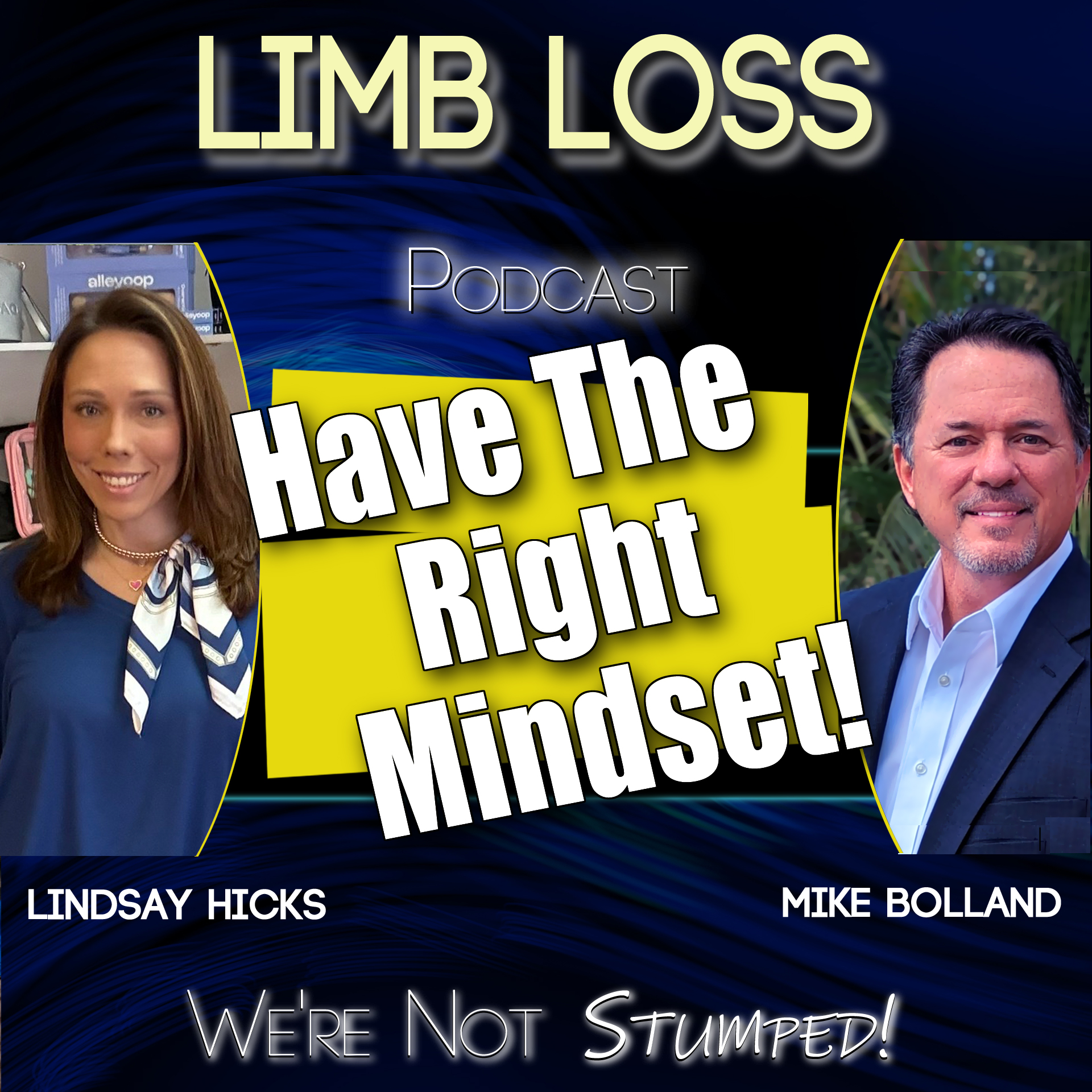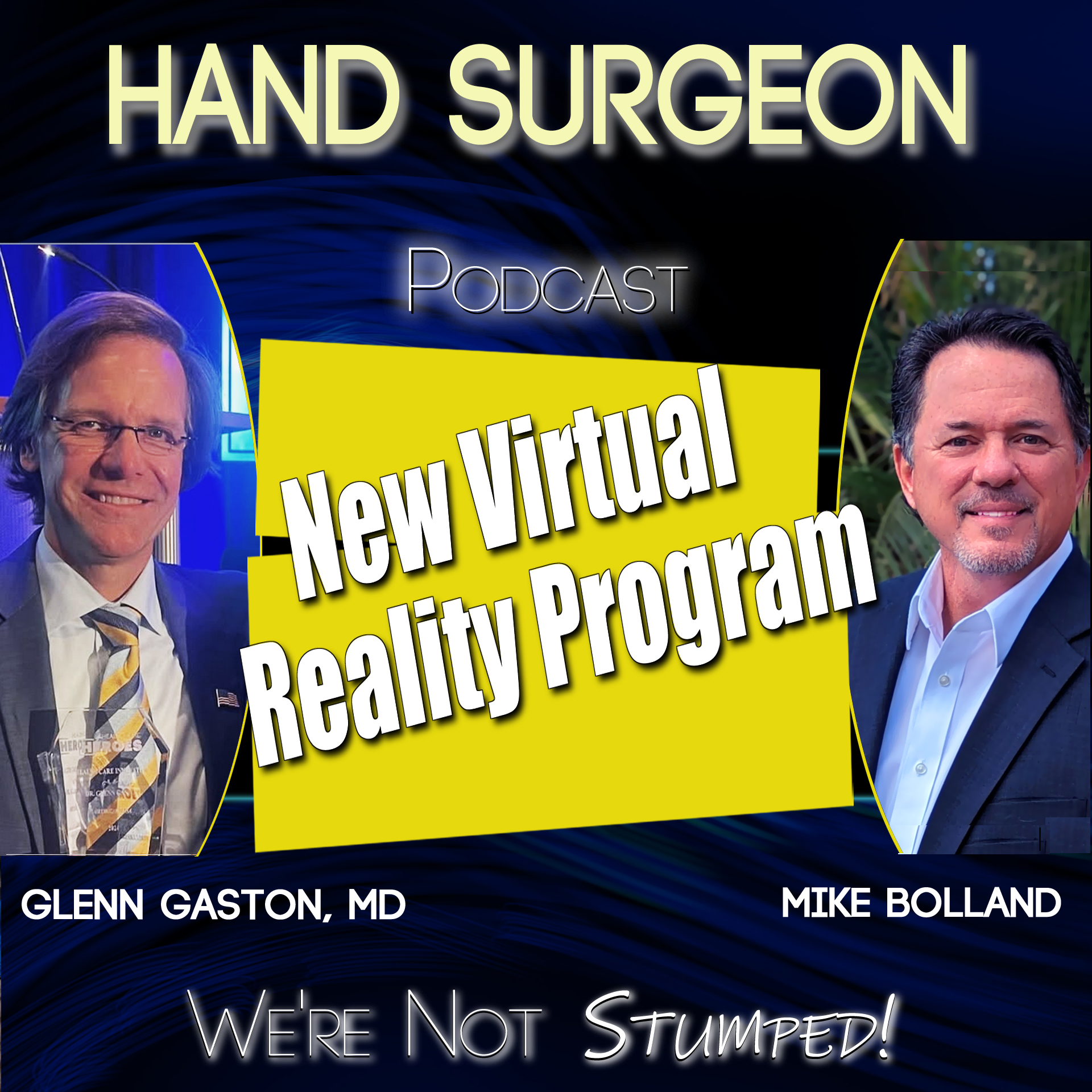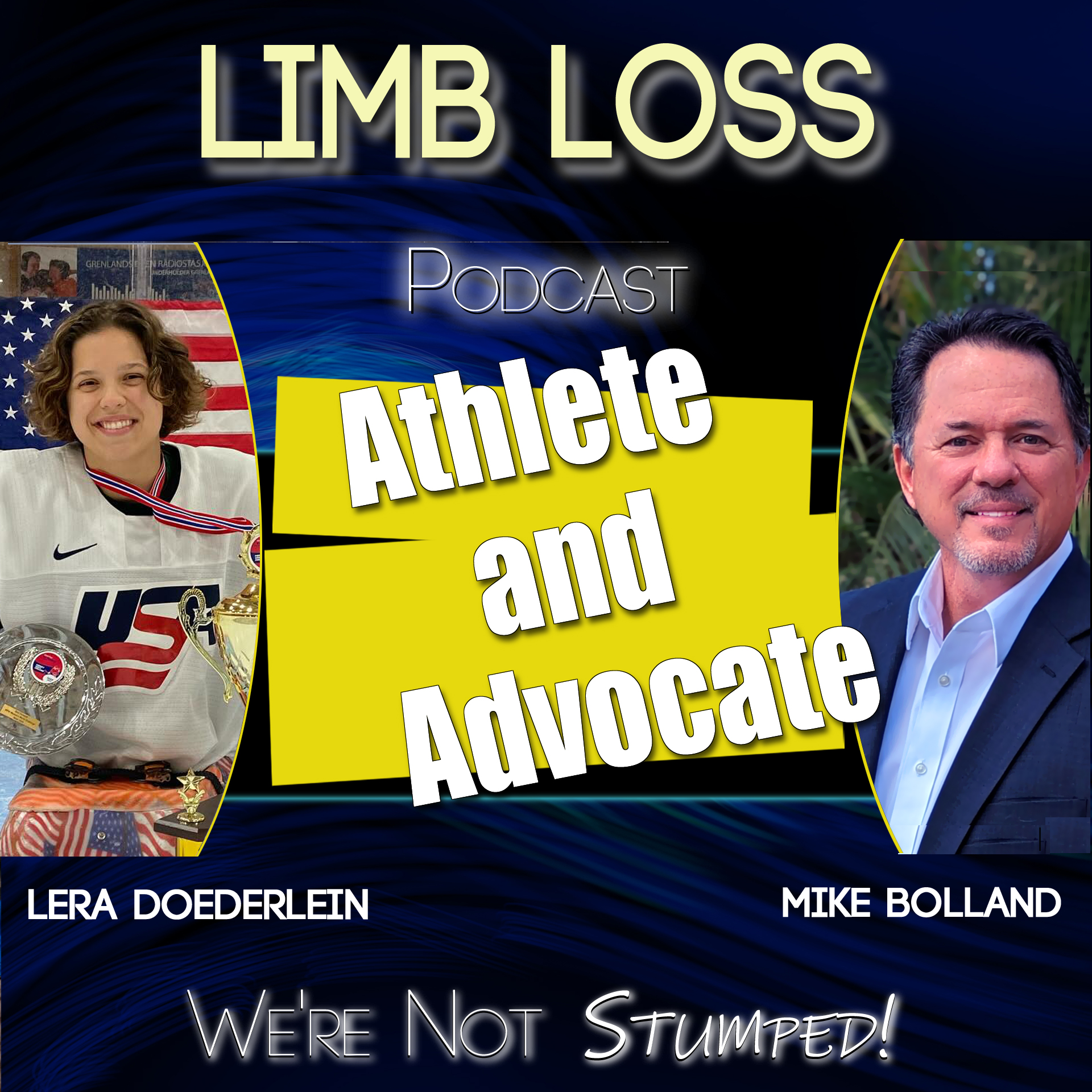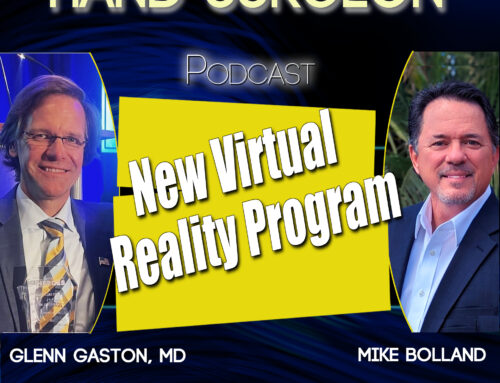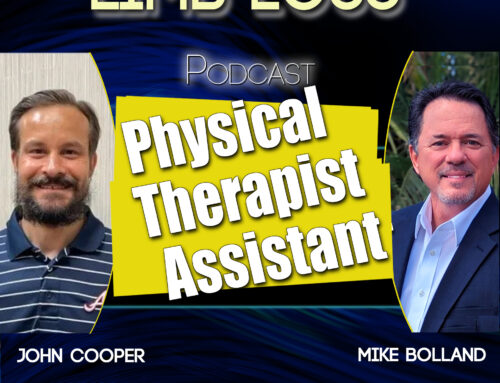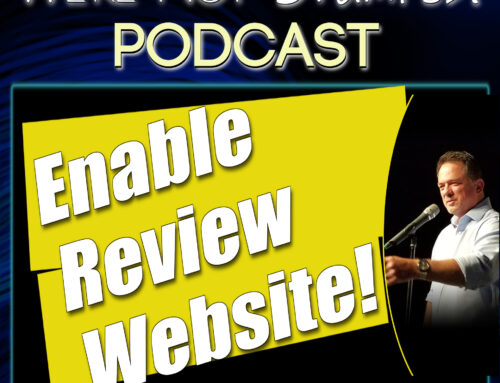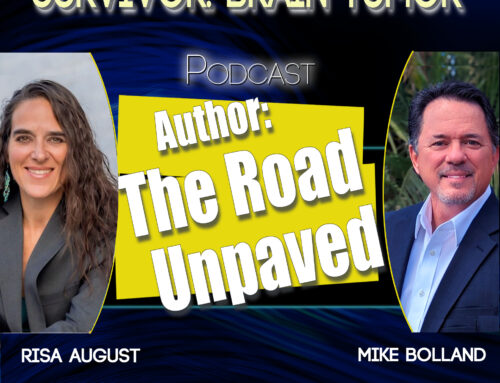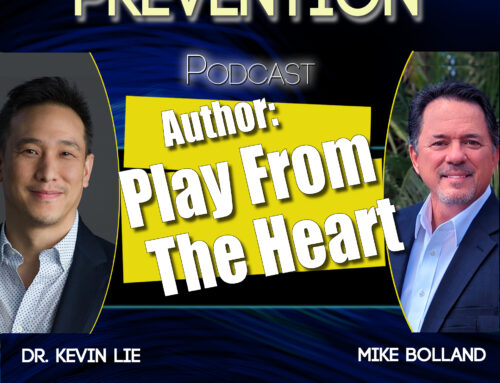In this episode of We’re Not Stumped, host Mike Bolland welcomes Dr. Christopher Duncan, Chief Medical Officer at Biologic Input Output Systems (BIOS), for a groundbreaking discussion on the future of neurotechnology and prosthetics.
Christopher shares his journey from physician in physical medicine and rehabilitation to leader in neural interface technology, with a passion for restoring function and independence for individuals with limb loss. Together, Mike and Christopher dive into:
- The intersection of advanced materials, neurophysiology, and machine learning in prosthetic development
- Why current prosthetic options are like “Civil War technology” compared to what’s possible today
- BIOS’s three-pillar approach to advancing prosthetic innovation
- Patient success stories, including a veteran and a surgeon regaining life-changing abilities with robotic prosthetics
- The role of registries in supporting early adopters and ensuring equitable access across regions
- Privacy and legal concerns around brain-computer interfaces and nerve technology
- The importance of partnerships among research labs, hospitals, and government agencies
- Future applications in lower extremities, diabetes, vascular disease, and even paralysis cases
This episode highlights not just the technology, but the human impact of returning people to full employment, independence, and life satisfaction.
Bios Website: https://www.biologicinputoutputsystems.com/
Mike Bolland Motivational Speaker Website
Listen on Apple Podcasts
Watch on YouTube
Listen on Spotify
In this powerful episode of We’re Not Stumped, Mike sits down with Lindsay Hicks to share her courageous decision to choose amputation at age 22 — and the emotional and physical challenges that followed. Lindsay opens up about navigating identity after limb loss, the support of her parents, and the mindset that helped her move forward. She shares how setting a goal to walk unassisted by Christmas gave her focus during recovery and how resilience continues to shape her life today. The conversation also explores her prosthetic journey, serious medical complications including liver failure and infection, and the determination that helped her regain mobility after two years on crutches.
What if surgery and virtual reality could dramatically reduce phantom limb pain? On this episode of We’re Not Stumped, host Mike Bolland sits down with Dr. Glenn Gaston, orthopedic hand and upper-extremity surgeon, to explore groundbreaking innovations in amputee care — including the Starfish Procedure and a virtual reality treatment for phantom limb pain. Dr. Gaston shares how a life-changing patient experience led him to build a dedicated amputee clinic and push beyond century-old methods of care He also shares his journey into amputee care, the inspiration behind his innovations, and why collaboration between surgeons, prosthetists, therapists, and mental health professionals is shaping the future of limb loss recovery.
Lera Doederlein joins Mike Bolland on We’re Not Stumped to share a powerful story of choosing possibility. Born with AMC (arthrogryposis multiplex congenita), Lera grew up in Phoenix using braces and forearm crutches while navigating school, friendships, and the quiet realization that sports might look different for her. As a teenager, she made the bold decision to pursue double above-knee amputations in order to gain independence and improve long-term mobility—and it transformed her life. Lera walks us through the realities of recovery and physical therapy, learning to use prosthetics, and the moment a clinician pushed her beyond her comfort zone—encouraging her to run just a week after she started walking. She also shares why community matters so much, from Camp No Limits to Hanger events and amputee boot camps that helped her build confidence and momentum.

